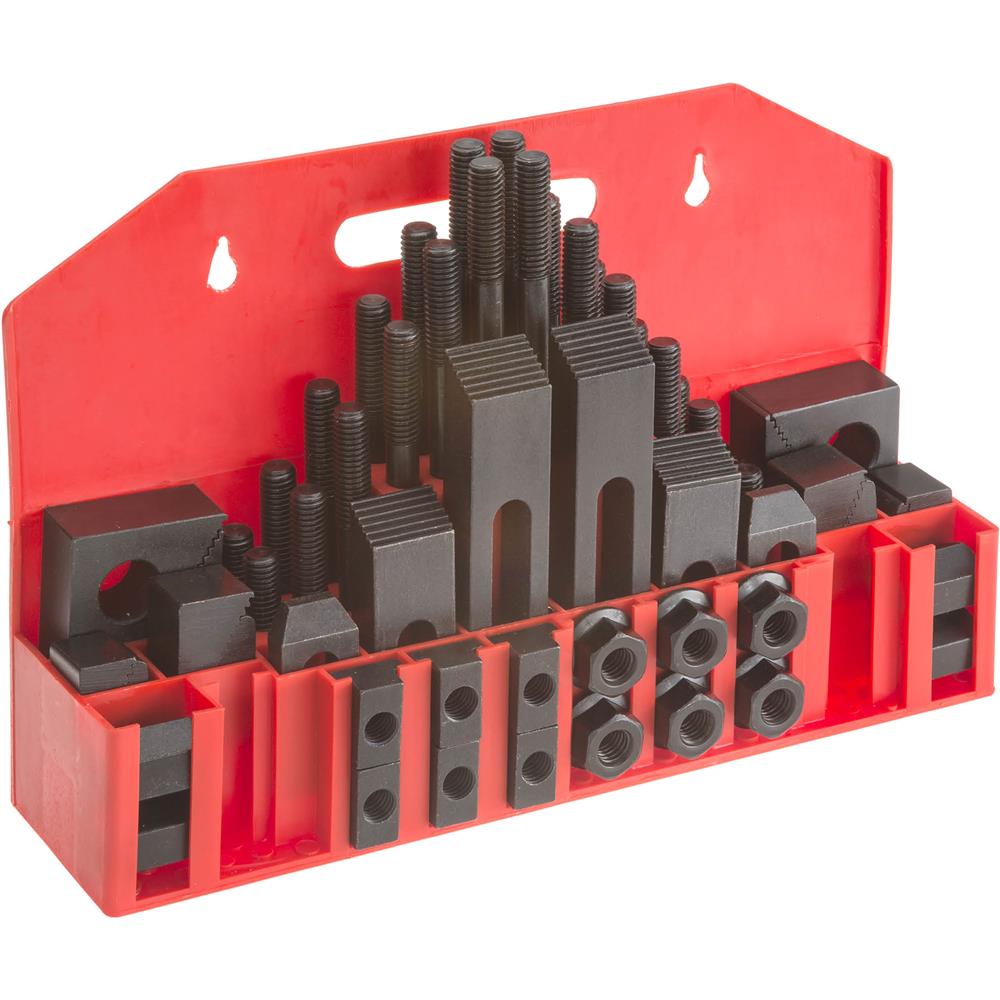5c step collets Factory
5C step collets are essential tooling components used in lathes and milling machines to securely hold workpieces during machining operations. They offer high precision, rigidity, and versatility for a wide range of applications, making them a popular choice for both small and large-scale manufacturing. This article explores the features, applications, selection criteria, and maintenance of 5C step collets, providing a comprehensive overview for machinists and engineers.
Understanding 5C Step Collets
What are 5C Collets?
Before diving into 5C step collets, it's crucial to understand the basics of 5C collets. A 5C collet is a standardized type of collet widely used in machine tools. The '5C' designation refers to its specific dimensions and design. They are known for their accuracy and ease of use. The body tapers to fit into a matching taper inside the collet closer on the machine. The 5C collet design allows for precise clamping of workpieces with diameters within a specific range. Typically available in increments of 1/64', or metric equivalents.
What Makes a 5C Step Collet Different?
A 5C step collet is a specialized type of 5C collet that features a stepped bore. This stepped bore allows the collet to hold workpieces with larger diameters than a standard 5C collet could accommodate. The 'step' in the collet provides a defined seating surface for the workpiece, ensuring accurate and repeatable positioning. They are often used for holding short, larger-diameter parts that might be difficult to grip with standard collets or chucks. The advantage of step collets is that they provide very good concentricity, similar to a standard collet.
Applications of 5C Step Collets
5C step collets are used in a variety of machining applications, including:
- Turning Operations: Holding cylindrical or near-cylindrical workpieces during turning on lathes.
- Milling Operations: Securing workpieces for milling operations on milling machines.
- Grinding Operations: Providing precise workpiece holding for grinding processes.
- Second Operations: Ideal for machining features on pre-existing parts.
- Production Runs: Particularly beneficial for repetitive machining tasks requiring consistent accuracy.
They are particularly useful for machining parts with features that are difficult to grip using standard collets or chucks.
Advantages of Using 5C Step Collets
Using 5C step collets offers several advantages in machining operations:
- High Precision: Provides accurate and repeatable workpiece positioning.
- Strong Clamping Force: Securely holds workpieces during machining.
- Versatility: Can accommodate a range of workpiece diameters.
- Improved Surface Finish: Reduces vibration and chatter, leading to better surface finishes.
- Increased Productivity: Facilitates faster setup times and reduced cycle times.
Selecting the Right 5C Step Collet
Choosing the appropriate 5C step collet is crucial for optimal performance. Consider the following factors:
Workpiece Diameter
Select a collet with a step diameter that closely matches the workpiece diameter. Ideally, the workpiece should fit snugly within the step without excessive play. Check the Wayleading Tools website (if available) or catalog for a selection chart based on your part's OD.
Collet Material
5C step collets are typically made from hardened steel. Ensure the collet material is compatible with the workpiece material to prevent damage or contamination.
Accuracy Requirements
Choose a collet with an accuracy rating that meets the requirements of your machining application. High-precision collets offer tighter tolerances and improved concentricity.
Machine Compatibility
Verify that the 5C step collet is compatible with your machine's collet closer and spindle. Ensure that the collet dimensions and taper angle match the machine specifications.
5C Step Collet Maintenance
Proper maintenance is essential for extending the life and performance of 5C step collets:
- Cleaning: Regularly clean the collet and collet closer to remove chips, debris, and coolant residue.
- Lubrication: Apply a thin layer of lubricant to the collet and collet closer to reduce friction and wear.
- Inspection: Inspect the collet for signs of damage, such as cracks, chips, or wear. Replace damaged collets immediately.
- Storage: Store collets in a clean, dry place to prevent corrosion and damage.
Where to Find High-Quality 5C Step Collets
Several manufacturers and suppliers offer high-quality 5C step collets. Consider these reputable sources:
- Wayleading Tools: Offers a comprehensive range of collets, including 5C step collets, known for their precision and durability. Visit Wayleading Tools for more information.
- Hardinge Inc.
- Royal Products
- Command Tooling Systems
Troubleshooting Common Issues with 5C Step Collets
Even with proper selection and maintenance, you might encounter some issues when using 5C step collets. Here are some common problems and their solutions:
- Workpiece Slippage: Ensure the collet is properly tightened and the workpiece is clean and free of debris. Check the collet for wear or damage.
- Poor Concentricity: Verify the collet closer is properly adjusted and the collet is clean and undamaged. Consider using a high-precision collet for tighter tolerances.
- Collet Damage: Avoid over-tightening the collet. Use the correct tightening torque for your collet closer. Ensure the collet is properly aligned with the spindle.
Comparison of 5C Step Collets vs. Other Workholding Methods
While 5C step collets offer many advantages, it's essential to understand how they compare to other workholding methods:
| Workholding Method | Advantages | Disadvantages | Typical Applications |
|---|---|---|---|
| 5C Step Collets | High precision, strong clamping, versatile for small parts | Limited size range, requires specific collet closer | Turning, milling, grinding of small parts |
| Standard Chucks | Larger size range, adaptable to various shapes | Lower precision, potential for vibration | General turning operations |
| Vises | Versatile for prismatic parts, easy to use | Limited precision, may require custom jaws | Milling, drilling of prismatic parts |
Conclusion
5C step collets are valuable tools for achieving precision and efficiency in machining operations. By understanding their features, applications, selection criteria, and maintenance requirements, machinists and engineers can leverage their advantages to improve productivity and quality. Whether you are performing turning, milling, or grinding operations, 5C step collets offer a reliable and accurate workholding solution.
Related products
Related products
Best selling products
Best selling products-
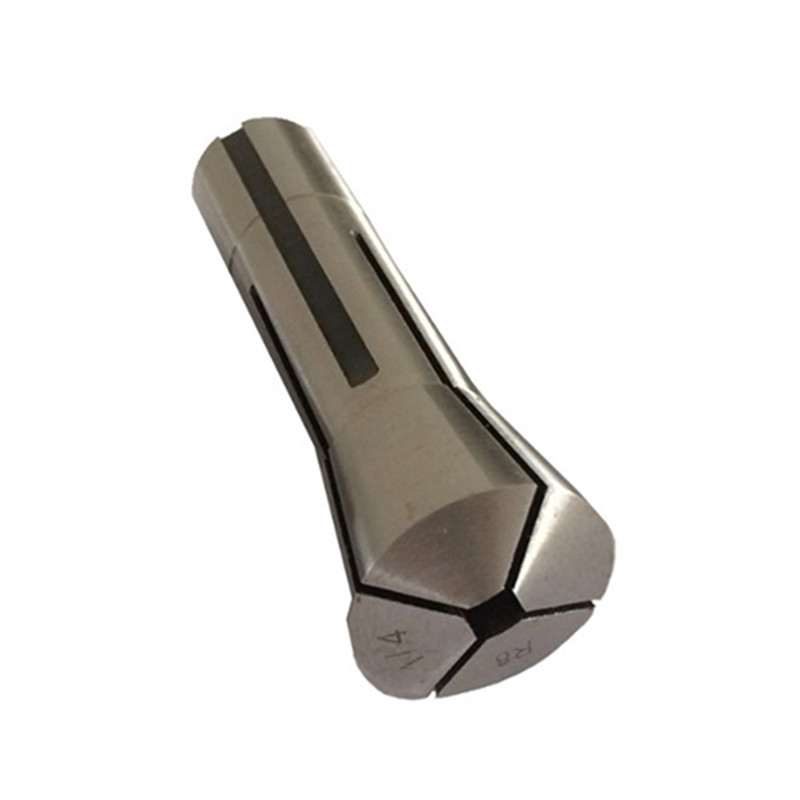 R8 Square Collet With Inch and Metric Size
R8 Square Collet With Inch and Metric Size -
 DIN6537L Metric Solid Carbide Twist Drill With Internal Coolant & External Coolant
DIN6537L Metric Solid Carbide Twist Drill With Internal Coolant & External Coolant -
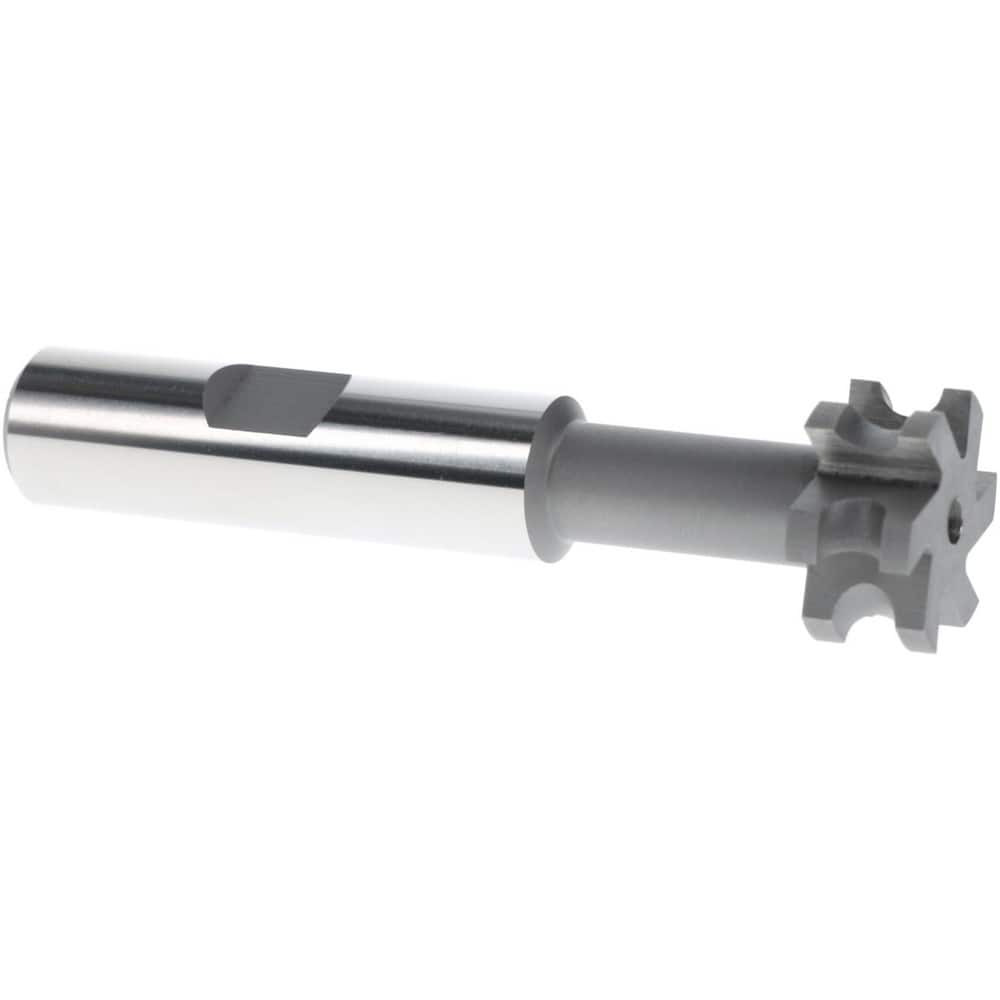 HSS Inch Concave Milling Cutter For Industrial
HSS Inch Concave Milling Cutter For Industrial -
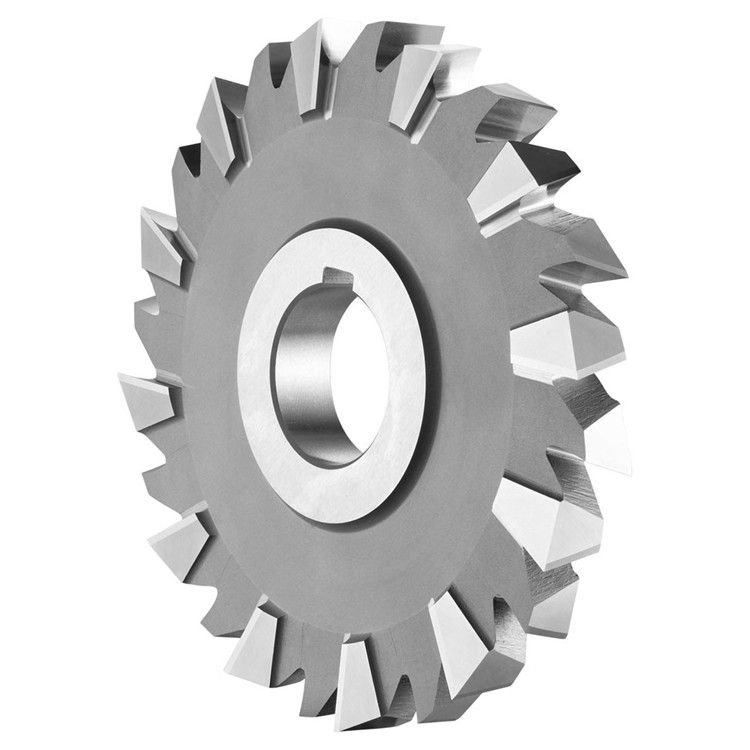 HSS Metric Side Milling Cutter With Bright Or TiN And TiAlN Coated
HSS Metric Side Milling Cutter With Bright Or TiN And TiAlN Coated -
 HSS Metric 4 Flute End Mills With Bright Or TiN And TiAlN Coated
HSS Metric 4 Flute End Mills With Bright Or TiN And TiAlN Coated -
 ISO Metric Hexagon Die With Right Hand
ISO Metric Hexagon Die With Right Hand -
 Outside Micrometer Set Of Inch & Metric For Industrial
Outside Micrometer Set Of Inch & Metric For Industrial -
 Precision V Block And Clamps Set With Industry Type
Precision V Block And Clamps Set With Industry Type -
 SCFC Indexable Boring Bar – Right- and Left-Hand Types
SCFC Indexable Boring Bar – Right- and Left-Hand Types -
 HSS Annular Cutters With Weldon Shank For Metal Cutting
HSS Annular Cutters With Weldon Shank For Metal Cutting -
 Type E Oval Tungsten Carbide Rotary Burr
Type E Oval Tungsten Carbide Rotary Burr -
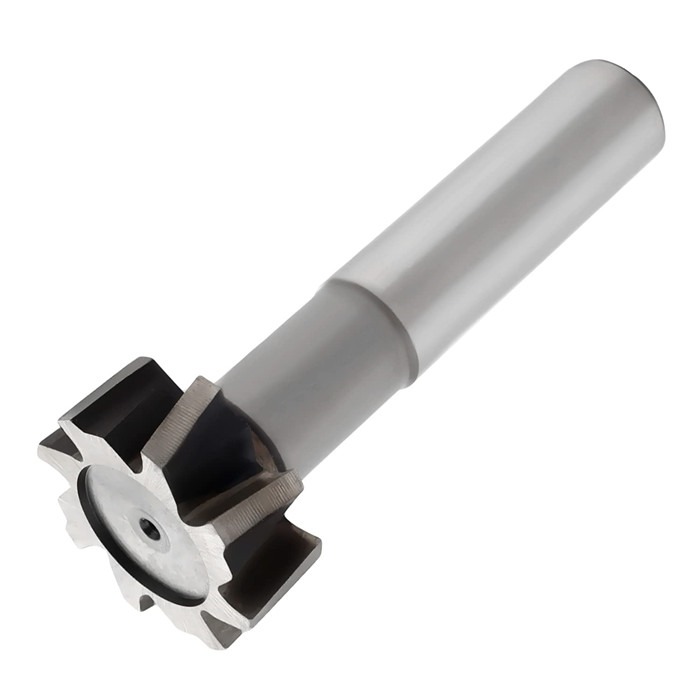 HSS Metric & Inch T Slot End Mill For Industrial
HSS Metric & Inch T Slot End Mill For Industrial



